Humans have innovated & created DESPITE capitalism, not because of it
Part I: Creativity is a part of nature & something within us all
A very common question I get asked is— “Hasn’t a lot of innovation, science, medicine & cutting-edge technology emerged in the last couple of centuries because of capitalism? So doesn’t this show that at-least SOME aspects of these colonial systems are worth preserving or reforming? Aren’t there some merits to these systems?” I get questions like this from staunch supporters of capitalism who think this it is a just, fair, “free” system & that’s predictable. But I’ve also gotten it from people who identify as leftists or progressives especially when it comes to my work on decolonizing & abolishing modern (colonial) systems of medicine, mental health, science, therapy etc— i.e. systems often viewed as apolitical, humanitarian, benevolent & somehow separate from all the other oppressive systems (even though they were created by the same empires & evolved within the same context).
At the same time- I’ve intimately experienced and observed the collective harm that comes from medicine’s widespread pathologization of the “lack of motivation”. There is excessive societal shame associated with individuals who are perceived as lacking in ambition or drive. From ADHD, chronic depression & anxiety to schizophrenia, bipolar disorder & suicide, psychiatry considers the lack of individual motivation to excel, survive & “thrive” under capitalism as a literal indicator of disease. Anything that gets in the way of the pursuit of success is considered a symptom like “executive dysfunction” or “inability to focus”.
Both the question “hasn’t capitalism created so much innovation” and the systemic pathologization of the lack of motivation have pushed me to ask— have there EVER been any baseline conditions present for us to have a solid chance at being motivated? (the answer is no) Does capitalism really create the optimal conditions for innovation to thrive? Is this hellscape really the best we can do to motivate each other to survive & create?
What does motivate us to innovate and create in a sustainable, healthy way? If the lack of motivation is such a widespread problem- then what is the root cause? Where do we draw motivation from? How does an individualistic goal versus a collectivist goal alter the sustainability of our motivation?

Questioning the myths we’ve been taught about human nature
Are we innately evil, violent, “lazy” & power hungry creatures?
In order to maintain capitalism, we’re socialized our whole lives to make the worst possible assumptions about human nature (i.e. ourselves & each other). These systems are predicated & built on such flawed assumptions- not because they are true but because they justify hierarchies, inequity & oppression as unchangeable, inevitable “laws of nature”. These myths were created by colonizers/ capitalists who leveraged “science” to justify their narratives so they could maintain power over people. What are some of these assumptions?
“Resources are scarce so we will always have to fight over them.” || “Competition is natural. Only the fittest survive. The strong thrive. Those who cannot are innately inferior & weaker- this is natural selection.” || “Some humans are just born evil (like psychopaths).” || “Violence is a part of human nature.” || “Hierarchies are natural. Nature is a power struggle.” || “Some people are just smarter, more talented, more skilled, & better than others.” || “We innovate best under pressure.” || “Some people are good, some people are bad.” || “Punishment is the best way to address harm.” || “Humans are innately lazy & need competition as an incentive to innovate or create.” || “Humans need authoritarian governments & leaders to control them or else they would be unable to survive, organize or make decisions for themselves”
We’ve been taught to view the world through a competitive, combative, aggressive, fearful lens when in reality our survival depends on us collaborating, cooperating & aiding each other. We’ve been socialized to think of ourselves as “individuals” in a vacuum rather than part of a collective, inextricably connected & tied to each other. We’ve been told that self-sufficiency, independence & success are markers of a “good person” which also means interdependence, reliance on others & the lack of motivation to succeed are framed as markers of a “bad person”. Participating in these systems may initially lead us to internalize such messaging & make the worst possible assumptions about each other. We’re made to blame ourselves or each other for our inability to thrive in these oppressive, brutal, class-based systems that were not built for any of us. It’s time for us to rethink the entire premise that these systems are built ON.
The reality is even the a**holes who built them don’t believe in them- they just want YOU to buy into their bs. Why? Because capitalism sets up the infrastructure of our daily lives (from 9-5 jobs to nuclear family models) to prevent us from forging a diverse web of reciprocal relationships. The reason capitalism & the state direct so many resources into individualistic propaganda is because they understand the power of community. Do those in power really believe humans are innately evil & the best way to deal with violence is to round people up & incarcerate them? No— they use police & prisons as tools of population control knowing fully well they are designed to repress & suppress people, not keep us safe. Similarly, they know that these are not optimal conditions for innovation- but why the hell would they want to support innovation that liberates us & threatens their power?
Survival is a collective responsibility. Motivating each other to survive is also a collective responsibility.
Violence & harm are contextual. They don’t emerge in a vacuum because some humans are innately evil. Abolition as a political framework aims to build life-affirming systems of community care because this would address the social conditions that lead to harm. Similarly, illnesses & diseases are contextual and real medicine would require us to address the social conditions in which bad health emerges. Similarly, the lack of motivation is CONTEXTUAL. The root cause is this capitalist society that breeds isolation, loneliness, competition & individualism. A lifetime of being told that we’re meant to look out for ourselves in a “cut-throat world” where no one will care for us… drives despair. A lifetime of being told that we must motivate ourselves to compete with our kin for crumbs (i.e. engage in actions that we know at our core to be fundamentally unethical) & selfishly pursue goals at the expense of others… drives misery. It is no wonder that so many of us feel defeated & often too overwhelmed to do anything.
Motivation is not an individual quality that emerges in a vacuum. Motivation is something we give each other. The most sustainable, profound, transformative inspiration comes from community. Capitalism tries to keep us from tapping into our innate collectivism & we’re seeing widespread distress as a result.
Thinking about the moments when I most lack the motivation to live… it’s when I feel alone & isolated. We’re not meant to suffer in isolation. The process of building community is no doubt a struggle in itself. But it is a struggle that is liberating. When I’m in excruciating pain & in the presence of community… I want to live. I am motivated to endure, process & move through any crushing grief because I feel supported. When I feel like I have to carry this heaviness alone… that is when the hopelessness consumes me.
Rebuttals to the “capitalism creates innovation” fallacy
Correlation is not causation
The idea that any helpful innovation that has emerged over the last few hundred years is caused by capitalism is a logical fallacy. It operates on the assumption that humans never innovated or been motivated to create without capitalism. It operates on one of the myth’s about human nature- that we innately lack sufficient motivation to do things to care for each other or find ways to contribute to improving the lives of our community members.
Capitalism kills & suppresses innovation
Global power dynamics created by colonialism label colonial systems as the epitome of innovation even though they are not. It ignores that for centuries, colonial empires violently wiped out or decimated entire communities & erased traditional, local systems of knowledge to assert their own systems that enabled exploitation not because they were the best for all of humanity but because they allowed power to be hoarded in the hands of a few at the expense of the majority. Colonial empires were rightfully threatened by our local, collectivist systems of community care & continue to go to great lengths to suppress them today. If something is truly the “best, most innovative system” then it shouldn’t require such brutality & violence to maintain. Most importantly, there are no “best” system when we let go of hierarchies which we are socialized to believe in. In fact, a diversity & multitude of approaches makes us stronger as a collectivist species, not 1 dominant approach enforced onto everyone independent of their context, ecology, culture, etc.
Who gets to innovate? — Capitalism is not a neutral, fair system
Because the right to live has to be “earned”, all historical inequities created by colonialism exponentially compound with each generation & new inequities are actively created. People born into wealth are granted default access to more resources & by design, people born without intergenerational wealth/ power/ privilege have infinite barriers that prevent access to resources. It is by definition an inequitable, class-based system where people DO NOT start off on the same playing field. The market is not fair because it is controlled by the rich who are only rich BECAUSE they are exploiting the working class & the poor. At baseline, capitalism objectifies people & the entire planet, where we are only worthy if we are deemed “useful” by people in power (i.e. able to generate profit for them). These inequities shape who will be “allowed” to have any opportunity to create. Countless people who are exploited & constantly subject to capitalism’s daily violence or the state’s repression are not given optimal conditions that encourage them to explore the world to figure out their creative roles in community.
Everything you see around you isn’t the pinnacle of human innovation. The medicine, science or technology you may think are “cutting-edge” are not the best we can do. Believing that these systems are “the best” or the most “innovative” is fundamentally erasing the historical/ current oppression of our communities & dismisses the daily violence we are all enduring just by having our worth reduced to our ability to generate profit for the rich. Capitalism does not create prime conditions for innovation, it creates prime conditions for exploitation- that is its entire purpose.
Capitalism is a violent system that kills innovation because it kills people— the marginalized, the poor, it tries to kill us all slowly. It is killing the planet by endlessly extracting from it without care— this system is not one that gave birth to the “best” discoveries. How many discoveries have been erased or are being suppressed because they are knowledge systems developed by Indigenous, Black & Brown collectivist communities? How many discoveries were never allowed to exist because people were killed by poverty? How many discoveries are being prevented because people are disabled by these systems that measure our worth based on our productivity?
What sort of innovation is allowed to exist? (The kind upholding the status quo)
If you want to do anything meaningful for society that threatens the power of the rich & the state— that real innovation will not be encouraged, rewarded or supported & it will be actively repressed. We do not even have the free will, time or energy to think about how we want to meaningfully contribute to our communities because we must have “jobs”. These jobs only allow us to be helpful to those in power but if we want to do something solely for the sake of feeding each other or caring for each other— that isn’t “innovation” that is encouraged.
The daily regimented monotony of the capitalist work day annihilates creative potential. We’re forced to stick to routines that follow the whims of institutions & violate laws of nature— we’re not allowed to rest when we need to or for as long as we need to, we’re not able to synchronize with nature’s cycles like seasons or adapt to local ecological needs and we’re not given the space to connect with the land & with each other which is where we draw purpose & meaning from. People spend > 40 hours a week in enclosed workplaces isolated from the very things we need to thrive— this means the average working class person is expected to not innovate. Every aspect of our daily lives is structured to oppose our creative potential— which is why we must look beyond our careers & jobs.
What is considered a “discovery” & what isn’t? And who is said to be capable of such innovation?
Is someone finding ways to care for their community considered “innovation”? Is someone writing a poem for a loved one called a “discovery”? Is someone finding new ways to honor their community’s ancestral traditions as a migrant displaced on foreign land considered “creativity”? Is someone finding their role in community & serving in it considered a “breakthrough”? It isn’t under existing systems because unless something can be turned into a profitable commodity, mass produced & expanded on a global scale— it isn’t considered “innovation”.
We’re led to believe that innovation is something that is exceedingly rare, one-of-a-kind, unprecedented, uncommon & extraordinary. We’re told that creativity, talent & skill are exceptional traits harbored by a few while the rest of the ordinary people are inferior. Hierarchies may be the most painful myths about human nature that we internalize, fall into & replicate in many ways. Creativity isn’t an ingrained or “earned” trait possessed by a few. It is something we’re all capable off the more safety in community that we have.
If we want to focus on meeting the needs of our local community (the only people we can be reasonably be in equitable relationships with on a daily basis) & have no desire to succeed— that isn’t considered ambitious. These systems of domination bias us to perceiving SOME things (that conform/ assimilate to dominant norms) as “innovation” while actively dismissing the transformative nature of other human contributions simply because one may have no desire to be considered superior or “the best”. Daily acts of kindness, generosity, compassion & altruism are not framed as innovation because this system is built to discourage such liberation. Will a farmer tending to the land & growing food simply to feed their community ever be considered “innovation” under capitalism? No. In fact, these forms of live-giving, life-sustaining forms of community care are suppressed. Our mere existence can be a source of creativity if we were given the right to live & dignity to thrive in community.
Creativity is an innate part of nature- human & otherwise
So what do we do? We can start by tearing down these horrible assumptions about humans that falsely paints us as a vile species. These myths become self-fulfilling prophecies when we don’t question them & choose to act on them or uncritically participate in systems built on them. We may have to have jobs to put a roof over our heads for now but we sure as hell don’t need to believe that competition is natural or that creativity is a special quality reserved to a few.
When we look to the natural world- we see that creativity is boundless & omnipresent. Each species is an embodiment of innovation- from flora, fauna, pollinators & microbes to formations of the land like our water ways, oceans, lakes, mountains, grasslands, prairies, coral reefs, marine trenches & complex soils. Our ecosystems embody creativity in multitudes. When we see ourselves as part of nature, we see that humans have equally boundless potential to create when we are cared for & driven by a desire to care for others rather than succeed at the expense of our human & non-human kin.
Microbes are the original anarchists: I study microbes not to dissect them mechanically but because I admire & respect their ability to embody values & principles of anarchy. I want to learn from them. They thrive because of inter & intra species collaboration (not competition). Microbial communities do not have leaders, representatives, or authority figures that step in to coordinate the masses of individual microbes. Microbes exist in decentralized, non-hierarchical collectivist communities built on voluntary, synchronous cooperation & self-organization, similar to how many humans societies have existed outside the scope of colonialism for eons. Across time, as new species of plants or animals were introduced into an ecosystem, microbes found novel, malleable, adaptable ways of co-existing with these beings by facilitating a constant, sustainable cycling & equitable distribution of nutrients among all. Microbes serve as mediators of an intricate ecological balance that keeps us all alive.
Plants, animals, rocks & oceans are our greatest teachers: In many collectivist Indigenous, Black & Brown traditions, our origin stories consider humans to be relatively young & least knowledgable in the grand timeline of the universe’s creation. This is now supported by evolutionary biology. We have the least experience on this planet relative to flora, fauna & microbes. Thus, we have so much to learn from our non-human kin. Microbes are widely considered one of the first forms of complex “life” that are still with us today after billions of years. Our rocks & oceans are considered the oldest structures that have ever lived that make up the foundation of our breathing planet today supporting infinite forms of new life.
Our plants & animals have been creating a home in the skies, under water, in & on the ground for millions of years before we ever came to be so damn right, they’ve created & innovated long before us. Their innovation literally gave birth to us. Plants created oxygen, food & medicine out of sustenance they were provided from the sun, soil & microbes— this is THE ORIGINAL breakthrough that allowed humans to enter this planet. Before humans figured out how to travel long distances, migrating birds have been utilizing the Earth’s quantum magnetic fields and the positions of the sun & stars to navigate trips between poles. Meanwhile, marine migrators like whales, turtles & dolphins use underwater echolocation to generate complex maps & a similar built-in compass that is tuned into the Earth’s magnetic fields. Subterranean (underground) mycelial networks are a web of fungal threads that connect various species of trees & plants co-existing in the same ecological niche. Fungi here serve as mediators facilitating a seamless flow of constant communication across the forest floor. This allows the fungi, plants & microbes to act as a collective, collaborate, direct key nutrients where they are needed (away from the plants that have plenty towards the plants that need more), & defend each other from pathogens that will wreck havoc on the entire ecosystem. A well-connected ecosystem is more resilient & we have learned this from our non-human ancestors & kin.
Honestly, it is a chicken & egg situation because the endless contributions, creativity, love & care from so many different beings directly birthed us & sustains us every single day. We innovate today because the land did yesterday & continues to do so today. You & I are part of the land. We are enough. We are all that we need. We don’t need capitalism to starve us, belittle us, make us beg for crumbs, commodify us into objects & create widespread scarcity & fear— to pull “creativity” out of us. Creativity is who we are when we exist as the collectivist species that we are.
We are creative in our everyday lives. Each & every one of us has innovated in some way already even if we never received accolades from capitalist systems recognizing us. The best forms of innovation aren’t those that get decorated in awards or get turned into marketable products. That s**t doesn’t matter. Our movements ARE incredibly innovative. It is always ironic to me when people cling to existing systems claiming they are the pinnacle of innovation in the face of abolition. Abolitionists are talking about building a world entirely outside the cages we’ve been raised in. Isn’t that one hell of a creative endeavor that humans around the world are embarking on? When I think of myself in isolation, it is easy for me to make the worst possible assumptions about myself & others. The more tangible, consistent connection I have with my ecosystems, including other people driven by kindness & compassion, the more I’m overflowing with hope & the desire to create community care.
Innovation is not exceptional- it is omnipresent, common & exceedingly ordinary in nature & in humans. How cool is that? Humans are capable of profound acts of care. Love is a sustainable driving force of creativity- love of people, love of land, love of culture & ancestors. Community care is inherently creative & innovative— because we are opposing the status quo & finding new ways or reconnecting with old traditional ways of being & caring for the collective. When we find ways to show up for our communities in any capacity- we are flowing into our creative purpose. When we’re supported in our reciprocal relationships, we’re motivated to explore & find our role in community.
Creativity is not an individual trait- it is a collective pursuit of total liberation.
With care,
Ayesha.


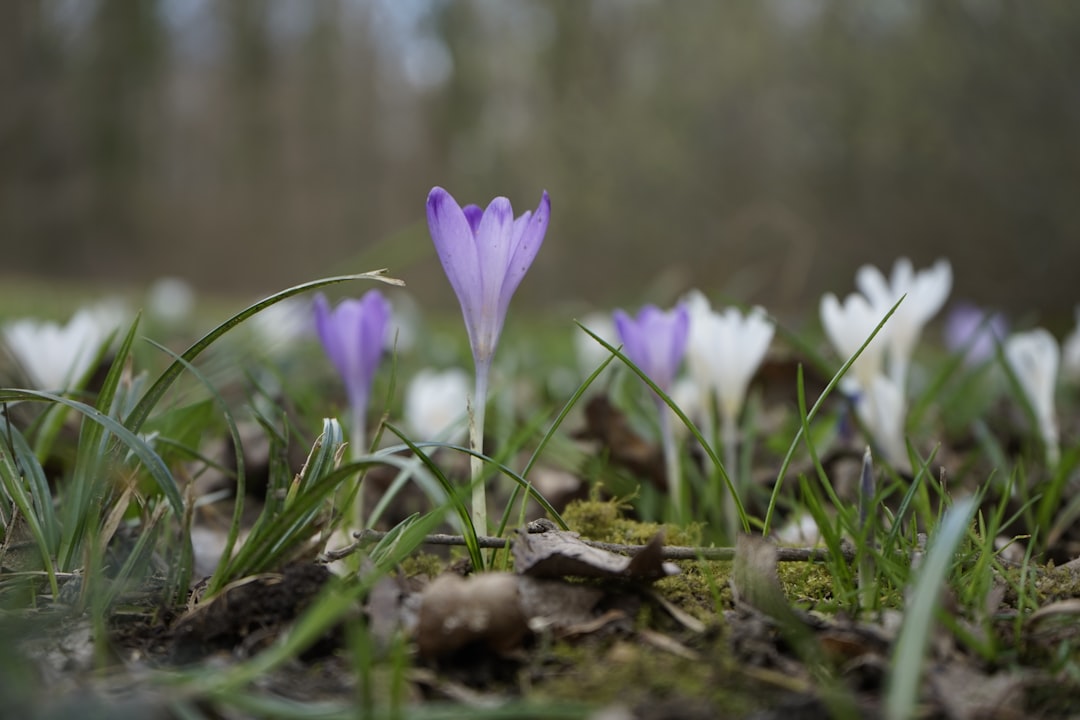

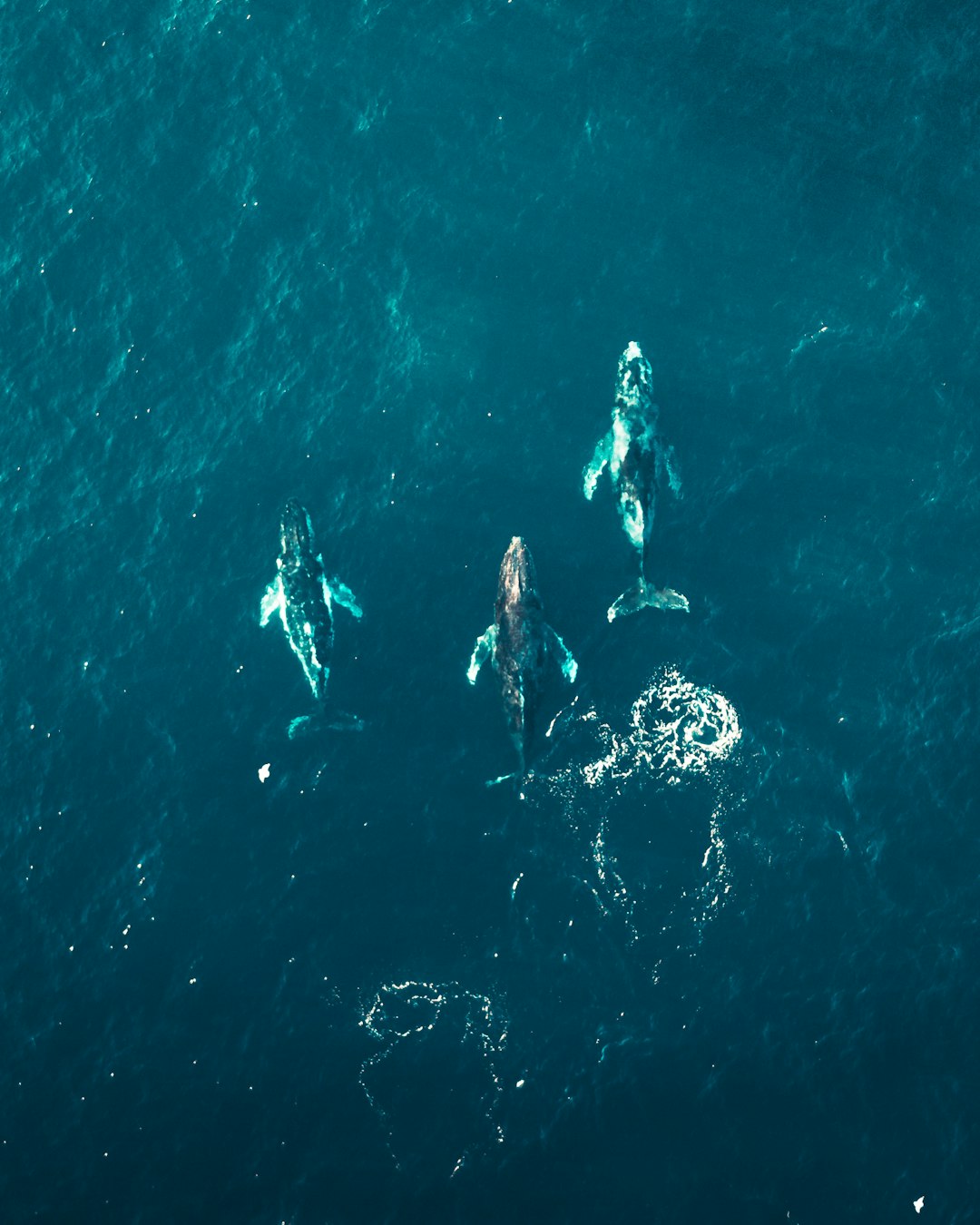
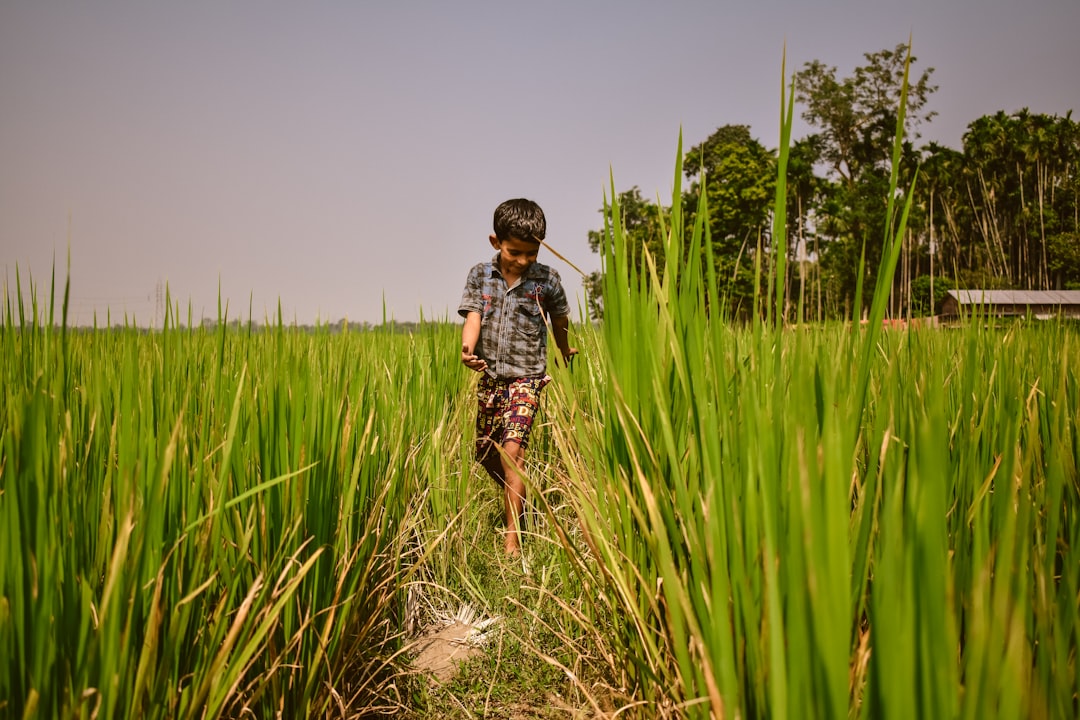
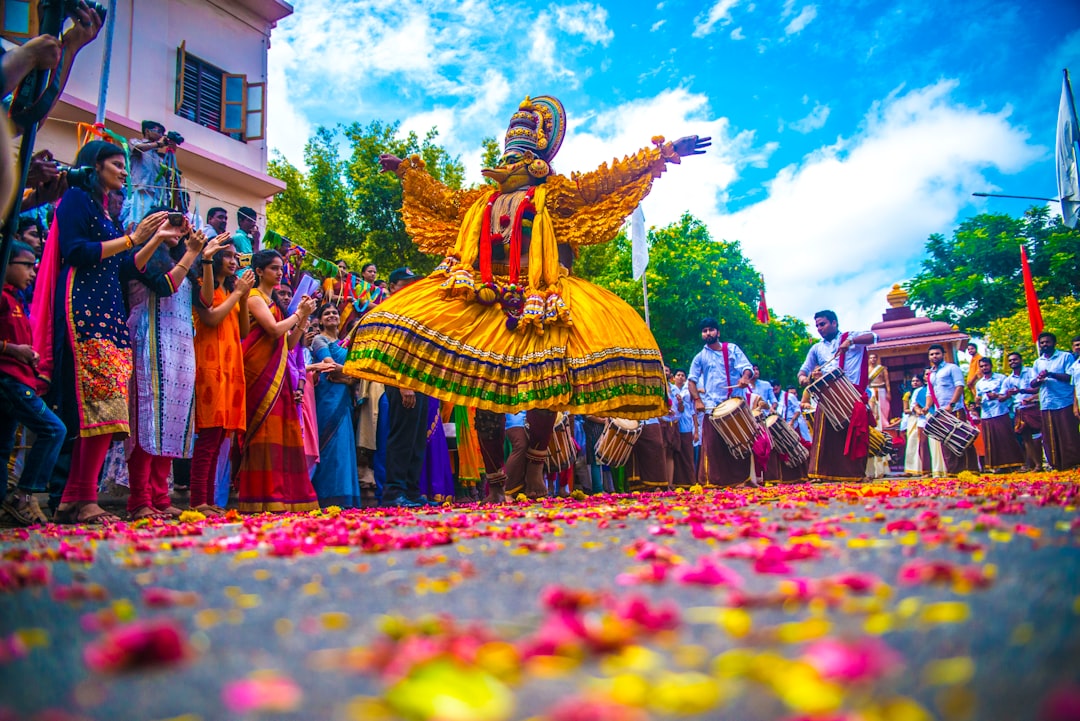
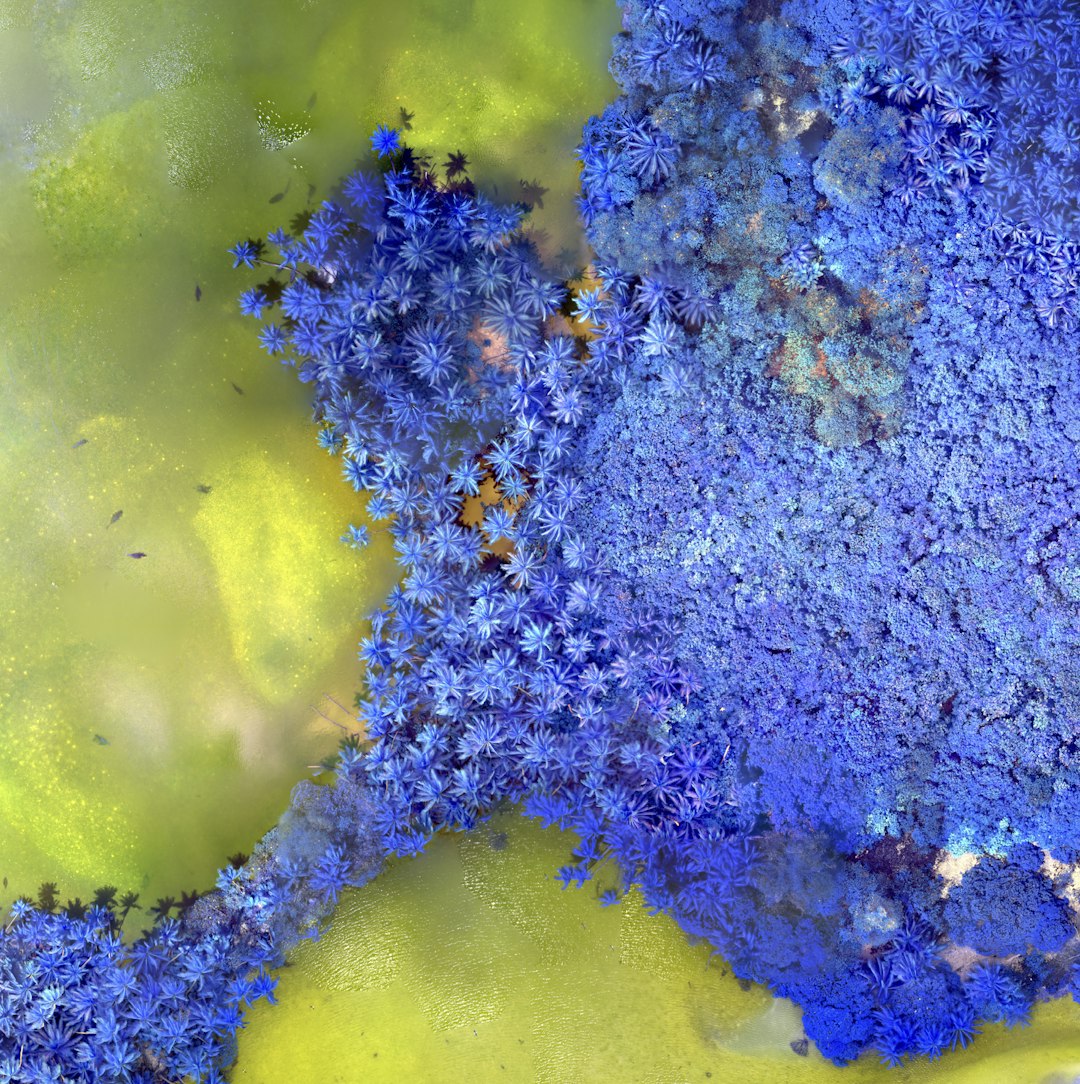




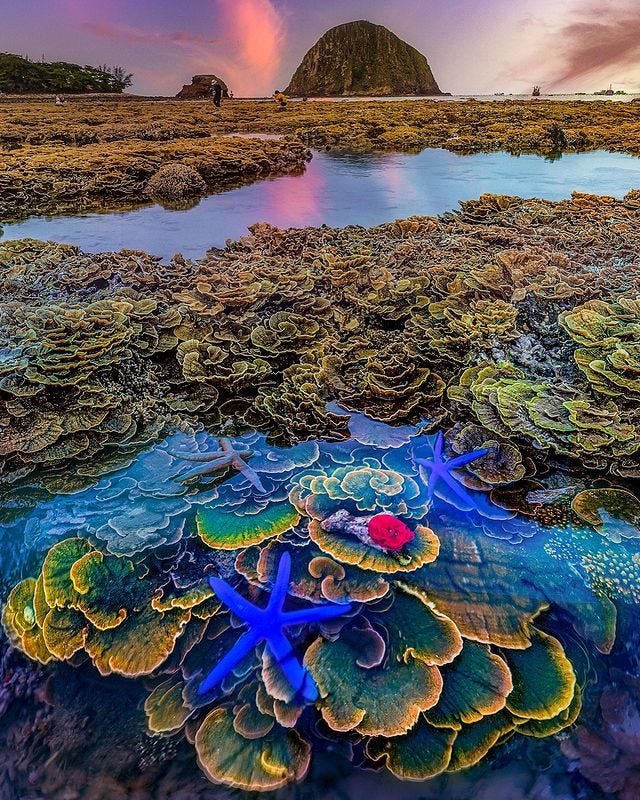
One of the most lucid, precise and imaginative content I came across. I find your contents in general so useful and it inspire me so much to create and innovate more in my own life and work. Today I couldn't do anything but what your essay called me to do: to prepare new material to my students about true creativity and innovation. It really assured me to continue on this path. Thank you so much for sharing this with the world. Sending love from Brazil 💜
My microbes and I (all of us anarchist & collective healers) thank you for the symbiotic parallels in this post.